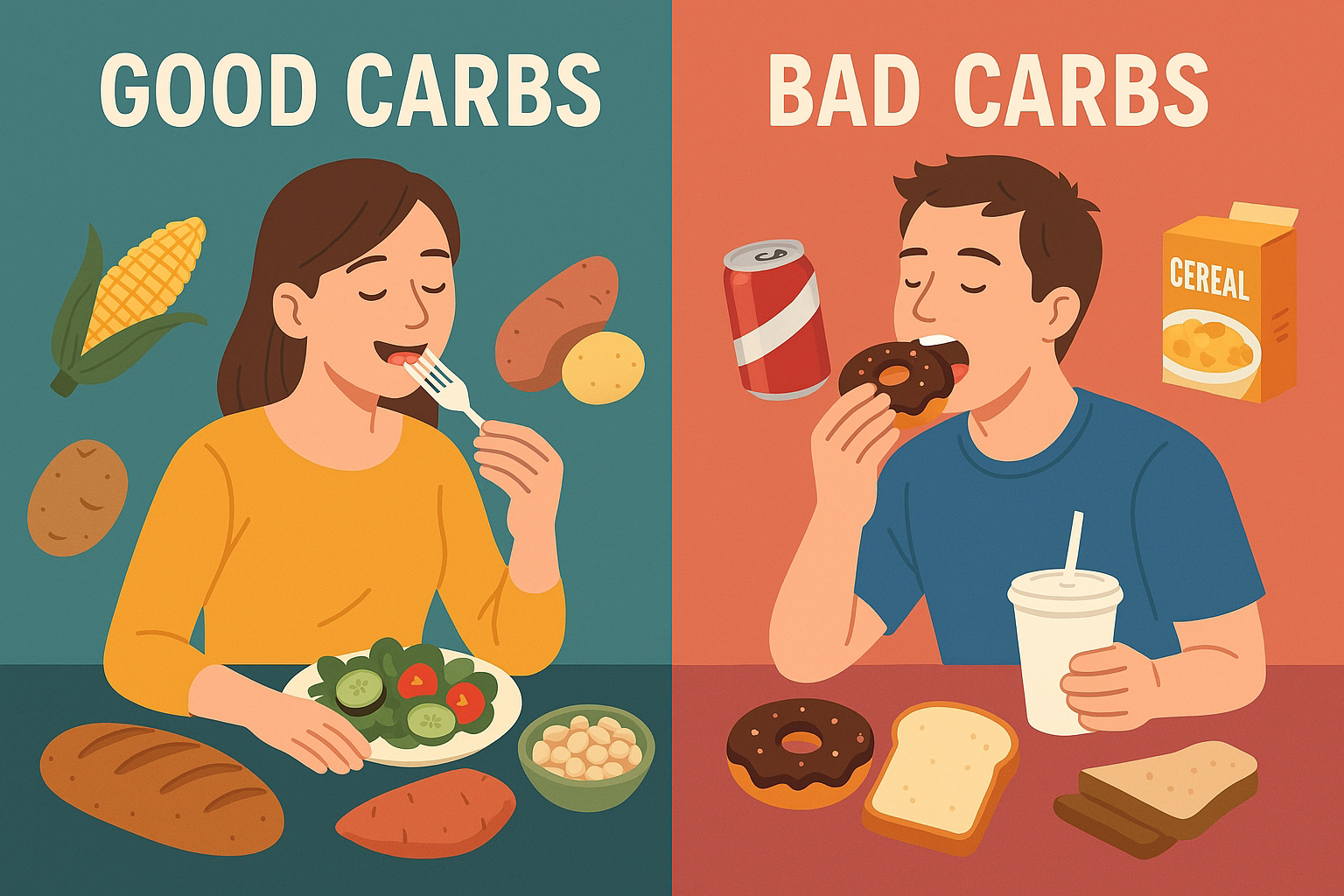
10 April 2025your-guide-to-eating-healthy-carbs
Carbohydrates are your body’s fuel—your engine runs on them. But not all carbs are created equal.Simple carbs are like jet fuel: fast-burning, fast-crashing. They spike your blood sugar and often come from added sugars—look for sneaky names like sucrose, dextrose, or fructose on labels. Soda? Cereal? That sweetened latte? Packed with them.But it’s not that simple. Some healthy foods naturally...











